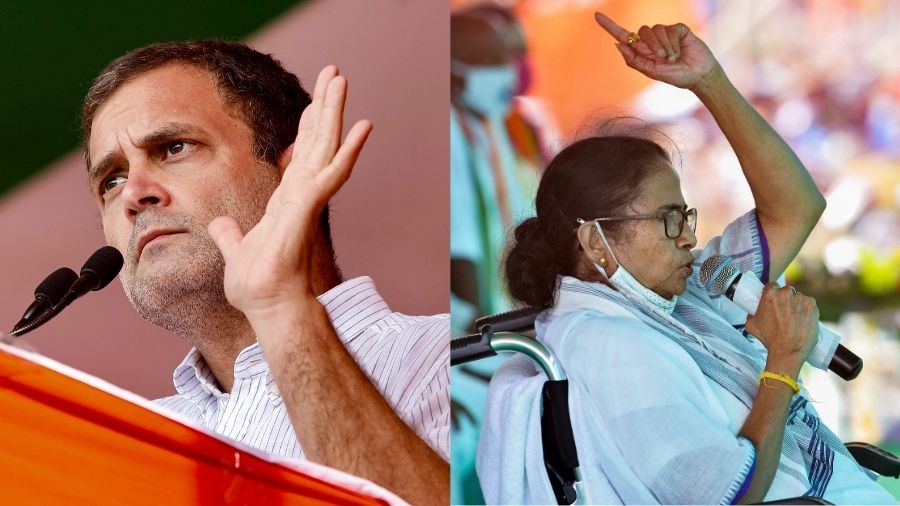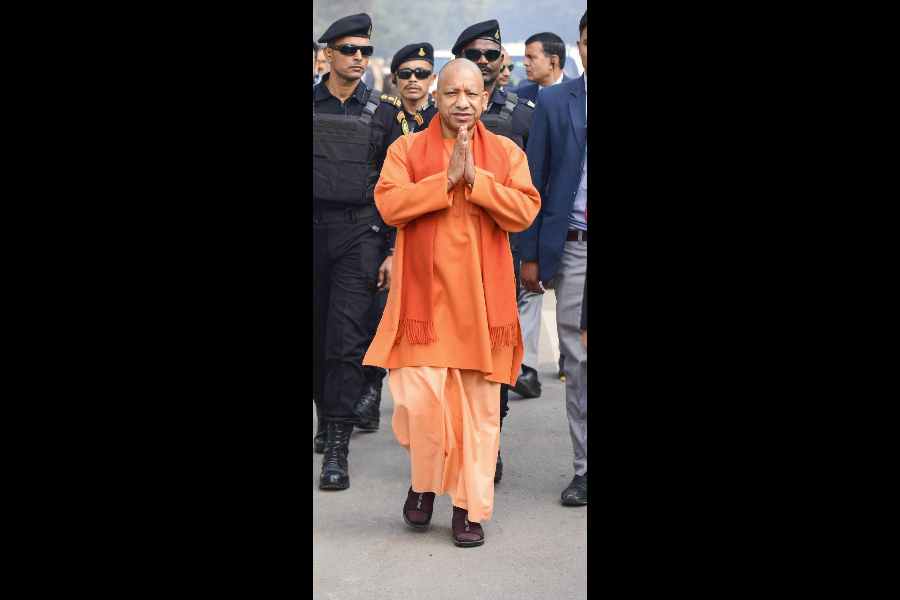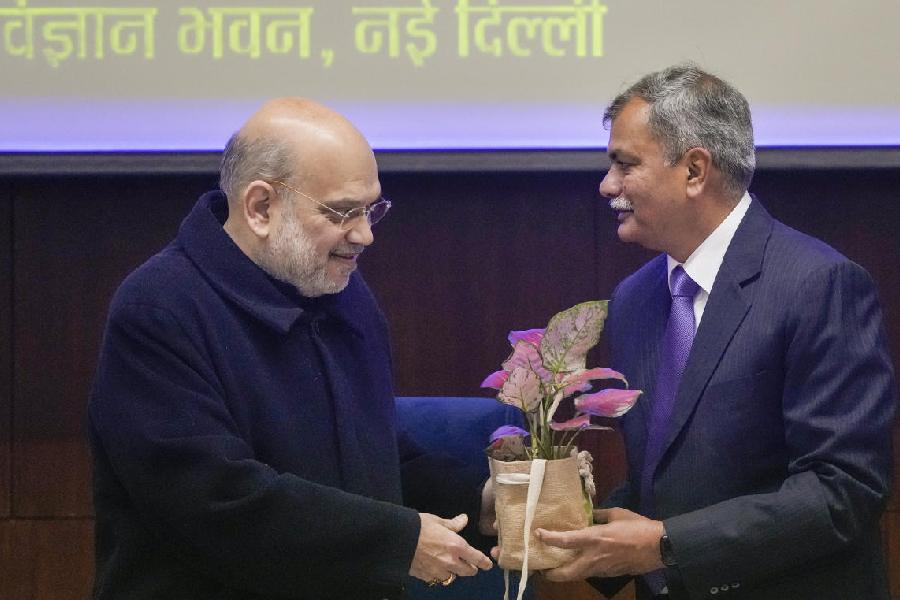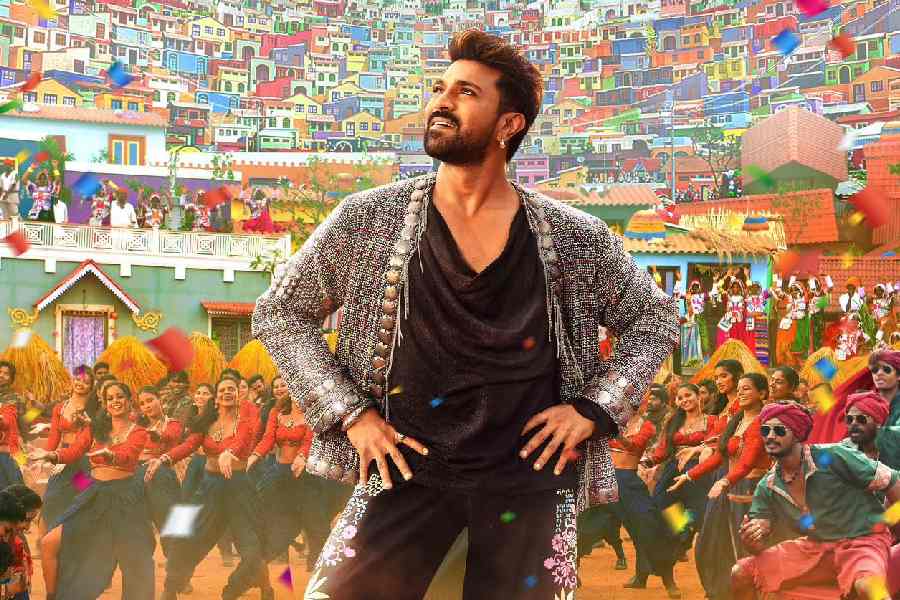Congress leader Rahul Gandhi suspended election campaign meetings in Bengal on Sunday over the raging Covid pandemic, becoming the first national politician to keep public health priorities ahead of electoral gains after the CPI(M) announced a similar move.
“In view of the Covid situation, I am suspending all my public rallies in West Bengal.” Rahul, the Wayanad MP, tweeted on Sunday. “I would advise all political leaders to think deeply about the consequences of holding public rallies under the current circumstances,” Rahul, who has address only two public meetings in Bengal (Goalpokhor and Matigara-Naxalbari) added in his tweet.
In view of the Covid situation, I am suspending all my public rallies in West Bengal.
— Rahul Gandhi (@RahulGandhi) April 18, 2021
I would advise all political leaders to think deeply about the consequences of holding large public rallies under the current circumstances.
Rahul’s advise came a day after Prime Minister Narendra Modi gloated on national television about the huge turnout at his public meetings in the industrial town of Asansol. Sunday also saw chief minister Mamata Banerjee writing to Modi, seeking additonal vaccines and life-saving drugs to curb the spread of Covid cases.
“This is also the first time when a record number of sick and dead are being seen,” Rahul wrote in another tweet, taking a dig at Modi.
Among the political parties in the fray in Bengal, the only party to have declared putting on hold all large public meetings is the CPI(M), the Congress’ salliance partner.
On Sunday night, two prominent CPI(M) candidates in the 2021 Assembly elections, Minaskhi Mukherjee and Srijan Bhattacharya, are scheduled to to address people via the traditional medium of radio. CPI(M) veteran and Left Front chairman Biman Bose will make a similar address on Monday morning. Minakshi will also appear on national television channel Doordarshan with fellow nominee Dipsita Dhar and senior CPI(M) leader Anadi Sahu.
Modi’s claim on the record turnout came at a time when the country has recorded over two lakh fresh Covid cases on consecutive days and most cities and towns are struggling to provide medical support to the ailing and a funeral for the dead.
While Modi himself did not campaign on Sunday in Bengal, Union home minister Amit Shah addressed a public meeting at Jamalpur, Burdwan and held a roadshow in Nadia’s Nakashipara. He had another roadshow and meeting scheduled at the town hall in Habra, followed by an organisational one.
On the other hand, Bengal chief minister Mamata Banerjee addressed packed crowds at Tehatta in Nadia and Gaighata and Khardah in North 24-Parganas earlier in the day. After returning to Calcutta, she led a roadshow from Dhakuria to Kalighat crossing.
Though Mamata has stuck to her campaign schedule, she also took time to write to Modi requesting for more vaccines for the state.
“You may recall that I had written to you on 24 February 2021 to allow the state to purchase vaccination doses directly with state funds and launch a massive free vaccination campaign in the state to cover the entire population. However, the state has not received the clearance,” Mamata wrote.
In her letter, Mamata noted that supply from the Centre was erratic.
“We have to vaccinate 2.7 crore people and we need 5.4 crore doses,” Mamata wrote.
The chief minister added that the state needs about 6,000 vials of Remdesivir and another 1,000 vials of Tocilizumab, but only 1,000 vials of Remdesivir were available.
The figures provided by the West Bengal government health department on its portal stated till Saturday, there were 43,500 active cases with 7,713 new cases added to the tally.
While a Trinamul legislator and two candidates have succumbed to the virus, at least four other nominees have tested positive.
Rahul’s suggestion to his political colleagues came on the same day when reticent former Prime Minister Manmohan Singh sent a letter to Modi with a five-point advisory on how to deal with the Covid pandemic.
Singh has suggested that the Centre allow states the flexibility to decide on frontline workers, whose vaccination needed to be prioritised.











